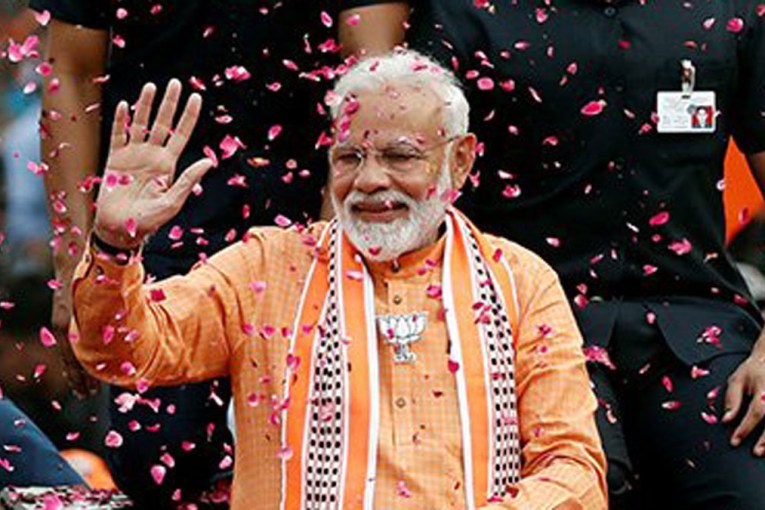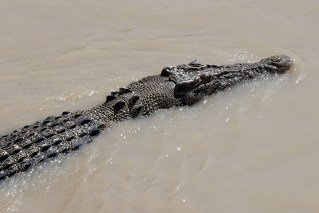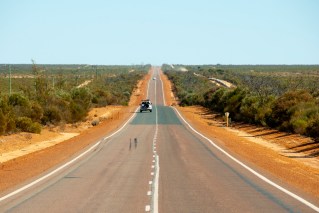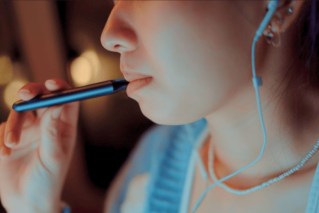A billionaire in Vladimir Putin’s inner-circle moved billions of dollars worth of cash, mansions and a yacht out of his name before he could be sanctioned in retaliation for the war on Ukraine.
Alisher Usmanov is also linked to at least 27 bank accounts in Switzerland, it has been revealed.
The information – released by journalists working on the Russian Asset Tracker project – raises questions over the effectiveness of punishments aimed at Russian oligarchs since the start of the invasion of Ukraine.
Britain, the US and EU member states have been applying financial pressure to the Russian president, his closest allies and their families.
American officials have said Mr Putin is feeling the heat and that Russian soldiers – suffering frost bite during a war waged in freezing conditions – are showing signs of stalling as Ukrainians show they will not surrender.
Russia is demonstrating it is turning to tougher tactics on home soil, cracking down harder on dissidents including further punishing prominent critic Alexei Navalny on Tuesday night.
There are also concerns Mr Putin – who according to the US feels backed into a corner – could be prepared to use chemical, biological or nuclear weapons.
Ukrainians are already enduring “living hell”, UN Secretary General Antonio Guterres said in a speech in New York, adding that the war is becoming more destructive and unpredictable by the hour.
“The war is going nowhere, fast,” Mr Guterres told reporters in New York, describing it as un-winnable
“Continuing the war in Ukraine is morally unacceptable, politically indefensible, and militarily nonsensical.”
Here’s what you need to know on Wednesday morning.
Oligarch can still ‘rent’ his yacht and mansions
Mr Usmanov, a former shareholder of Premier league team Arsenal F.C, has a home worth $145 million, a mansion in Surrey and a super yacht.
All of those assets were meant to be frozen when he was added to the list of sanctioned businessmen a week after Russia invaded Ukraine.
Tweet from @navalny
Investigators with the tracker project – including Guardian and BBC reporters – analysed information from financial leaks like Suisse secrets, the Panama papers and FinCEN Files.
The Guardian reports the project tracked billions of British pounds linked to Mr Usmanov. The money is held in Switzerland where the Russian’s sister, Saodat Narzieva, appears to have been the one-time beneficial owner of at least 27 secret corporate accounts at Credit Suisse.
A spokesman for Mr Usmanov told The Guardian there was nothing untoward about his financial relations with his sister, which were lawful and showed his “generosity” to his family.

Another of Russian oligarch Alisher Usmanov’s prestigious villas is in Costa Smeralda in Sardinia. Photo: Getty
The spokesman also told the BBC most of the billionaire’s property in Britain, as well as his yacht, had already been “transferred into irrevocable trusts”.
“When the assets were transferred, Mr Usmanov no longer owned them, his spokesman said.
“Nor was he able to manage them or deal with their sale, but could only use them on a rental basis,” the spokesman told the BBC.
“Mr Usmanov withdrew from the beneficiaries of the trusts, donating his beneficial rights to his family.”
The Russian Asset Tracker is a global partnership involving 27 media organisations including The Guardian, the Organized Crime and Corruption Reporting Project (OCCRP) and BBC Panorama.
The BBC said the project identified US$3.4 billion (AU$4.5 billion) worth of specific assets which it says belong to Mr Usmanov.
But the assets could be beyond the reach of the British government and its sanctions if Mr Usmanov is not listed as the beneficial owner.
The same could be true for other oligarchs, the BBC reported.
Chemical weapons? Russia ‘has form’
American President Joe Biden said Moscow could be preparing to use chemical or biological weapons.
He said Russia “has form here – it’s used them before”, referring to the attempted assassination of former KGB defector Sergei Skripal who was targeted with a toxic nerve agent which was smeared on a door handle in the British city of Salisbury.
Mr Putin has warned of his nuclear might and The New York Times reports that the Biden government has been expecting more atomic moves from Russia.
The Times reports that director of the Defense Intelligence Agency, told the House Armed Services Committee that Moscow is likely to “increasingly rely on its nuclear deterrent to signal the West and project strength”.
Ulrich Kühn, a nuclear expert at the University of Hamburg and the Carnegie Endowment for International Peace told The Times of nuclear threat: “The chances are low but rising… The war is not going well for the Russians…and the pressure from the West is increasing.”
“It feels horrible to talk about these things,” Dr Kühn said.
“But we have to consider that this is becoming a possibility.”
Mr Biden will travel to Brussels this week to meet with other NATO members.
Among the topic to be discussed would be how NATO countries should respond if Russia employs chemical, biological or nuclear weapons.
“His back is against the wall,” The Times quoted Mr Biden as saying at a meeting of American business leaders where he was explaining that Mr Putin could be prepared to use such weapons (which are banned by international treaty).
More punishments for Kremlin critic
Alexei Navalny has said he knows about the chemical weapons Russia uses to silence critics.
Mr Navalny was jailed last year when he returned to Russia after receiving medical treatment in Germany following a poison attack with a Soviet-era nerve toxin during a visit to Siberia in 2020.
The anti-corruption activist blamed Mr Putin for the attack, a charge the Kremlin denies.
Now Navalny has been punished further, with a Russian court sentencing him to nine years in prison on fraud charges.
The 45-year-old was found guilty of embezzling funds for his anti-corruption foundation – which is now banned in Russia – and for insulting a judge in an earlier trial.
- Related: Russian TV reporter quit in protest
Mr Navalny, who was added to an official list of “terrorists and extremists” in January, is already serving a two-and-a-half year sentence at a prison camp east of Moscow for parole violations related to charges he says were trumped up to thwart his political ambitions and to gag him as a political opponent of the president.
Russian police detained two of Mr Navalny’s lawyers shortly after the court sentenced him, according to a Reuters reporter at the scene.
The lawyers, Olga Mikhailova and Vadim Kobzev, had said Mr Navalny would appeal against the court’s decision.

Kremlin critic Alexei Navalny (centre) has been sentenced to nine years in prison on fraud charges. Photo: EPA
Prosecutors wanted to have him sent to a maximum-security penal colony for 13 years on charges of fraud and contempt of court.
His national opposition movement has been labelled “extremist” and shut down, but he has continued to issue messages on social media from prison through his legal team and aides, recently urging Russians to oppose the war in Ukraine.
Mr Navalny’s spokeswoman, Kira Yarmysh, said last week prosecutors had requested a transfer to a maximum-security jail because they said he had committed crimes in the prison camp.
“Probably it will be further from Moscow and lawyers will have difficulty entering this colony and we will not have access to Alexei,” she said on Monday.
“It’s not a question of his freedom, it’s a question of his life … They are the same people that tried to kill him already … This is what we are afraid of.”
Ukraine wants China’s help
Ukraine wants China to play a more “noticeable role” in halting the war being waged by Russia on its territory and also to become a future guarantor of its security, a senior aide to Ukrainian President Volodymyr Zelensky said.
Andriy Yermak, who heads Mr Zelenskiy’s office, also said he expected a dialogue “very soon” between Ukraine’s leader and Chinese President Xi Jinping, without elaborating.
China has long been forging closer energy, trade and security ties with Russia but is also Ukraine’s biggest trading partner.
It has resisted pressure from the US and other countries to condemn Russia’s invasion.
“So far we’ve seen China’s neutral position. And, as I said before, we believe that China … should play a more noticeable role in bringing this war to (an) end and in building up a new global security system,” Mr Yermak told a virtual news conference organised by the Chatham House think-tank in London.
He added: “We also expect China to contribute meaningfully to this new system of security for Ukraine and we also expect China to be one of the guarantors within the framework of this security system.
“We treat China with utmost respect and we expect it to play a pro-active role there.”
Before Russia’s invasion, Ukraine had said it wanted security guarantees from major powers, calling the existing global security architecture “almost broken”.
China and Russia are permanent members of the United Nations Security Council, along with the US, UK and France.
China has said it wants a diplomatic solution to the conflict, and that it supports the territorial integrity of both Russia and Ukraine, while also recognising “legitimate” Russian security concerns.









